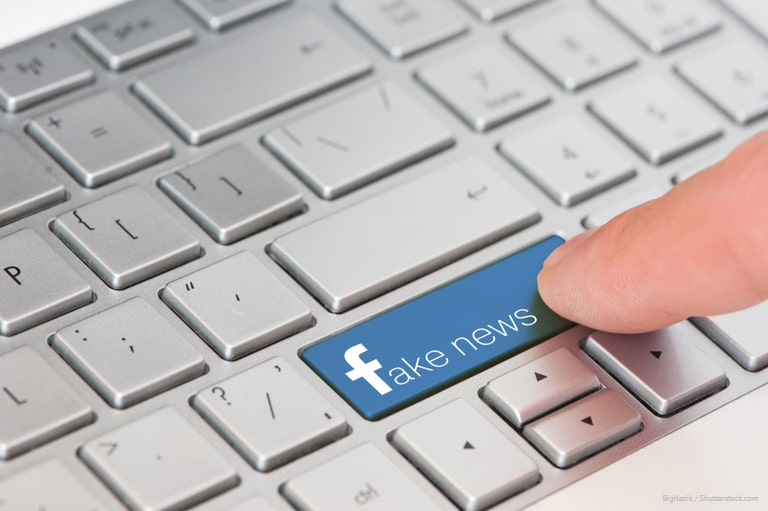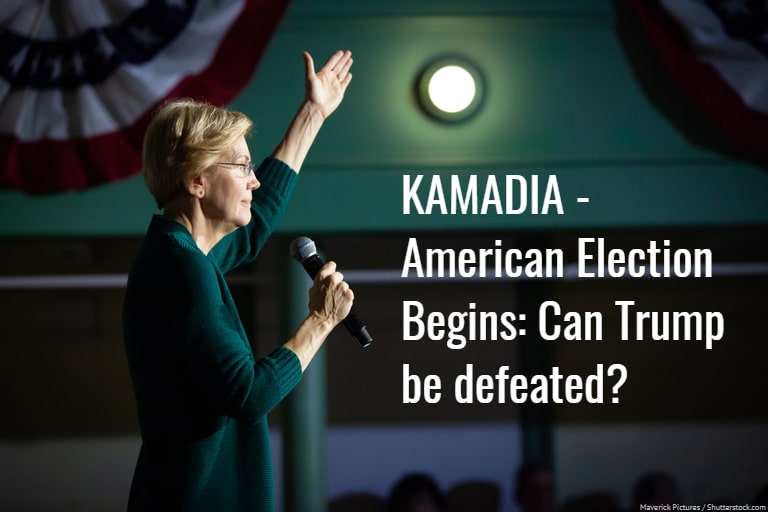By Aly Kamadia, Editor-In-Chief of iDose
After more than a year of running around and serving up town halls, shaking hands, debating, fundraising and doing everything else to penetrate the hearts of voters, the Democratic primaries were set to take off. Five days into the future (Feb. 3rd, 2020 in the state of Iowa), Americans would begin voting and ultimately elect the Democratic nominee who would face off against President Trump in November’s 2020 election.
Answering the question of which Democrat to vote for was relatively straight forward for this author. Based on intelligence, ability to be a savvy practitioner, and having a timely vision defined by justice – all traits that would make one as competitive as possible against Trump – Elizabeth Warren was the clear choice.
Those words undoubtedly offended the fiercest devotees of other candidates, including Bernie fans. But the public evidence made it abundantly clear that Sanders’ intelligence was not as deep as Warren’s.

And while one could have admired Bernie’s authoritative voice as a force of truth in the face of power (even in unfashionable moments), the virtue of Warren’s intelligence combined with her empathetic personality and character led to a shrewder practitioner.
In the area of international affairs, where any US president exercised the most latitude, and in generally implementing a progressive vision at home, it was Warren’s judgement and temperament that served as a more favorable choice.
Though as the only alternative offering systemic change, Sanders easily made for the obvious second choice. And in the days leading up to Iowa, he was undoubtedly smiling at the public polling being released.
By virtue of one candidate having competed in the 2016 Democratic primaries and another having been a former Vice President, Sanders and Joe Biden (respectively) were much more familiar to Americans (not to mention the infrastructure advantage this gave the former) than Warren or Pete Buttigieg – the other competitive contenders.
And while Biden’s utter lack of charisma, history of flawed judgement and odd campaign moments hadn’t removed him from leading in the national polls, Sanders was rising all over the map, including in the first two important states: Iowa and New Hampshire. “Important” not least because recent electoral history showed that momentum in these two states could be pivotal in shaping the rest of the states that would ultimately declare a victor.

That declaration would be historical regardless of how fate would be written.
Democracies were in retreat all over the world amidst authoritarians claiming new thrones. Climate change threatened the very existence of the human species. Two of neoliberal globalization’s consequences were extreme economic inequality not seen since the gilded age of the 19th century and the rise of precarious employment (e.g. disposable contract workers). The strengthening of the surveillance state made Orwell’s “1984” look soft. The emergence of a resurrected China represented the only country on the horizon that could begin to seriously challenge US hegemony – initially by attempting to throw out the Americans from their neighborhood’s waters. The list was long.
And the Idiot-In-Chief was too busy tweeting on his toilet to read it. It was impossible to critique Trump’s vision simply because it didn’t exist. But that hardly shielded the pillars of American Democracy from being assaulted by Trump’s pathological greed, narcissism and sheer stupidity.
So impressive was the latter that it rendered his brain worthy of examination by America’s most eminent scientists. And how cruel was it for the gods to toy with Americans while presenting them with a bitter paradox: their current President was at once a Master among morons while also a Master among entertainers. Late night comedians could joke all they wanted about the Donald. But it was Trump the Reality TV Star who had joked his way into a White House that may have remained his come 2021.

The many polls that showed numbered matchups between Trump and other hypothetical Democratic nominees couldn’t be taken too seriously. The polls of the day didn’t factor important and/or even decisive future realities that might have emerged as the year unfolded.
Simplistic polls didn’t inform us about whether and precisely how an economic slowdown, recession, or crisis would have affected November’s outcome. Neither did they opine on how an impulsive and erratic Trump’s possible future war/s (e.g. he had almost entered into war with Iran on two separate occasions) might have impacted the election’s results. And where were the rigorous polls that informed us about what the possibility of third party candidates such as Mike Bloomberg would translate into?
The one fact that the numbers made clear for all Democratic candidates was that it would have been a cardinal sin to underestimate the Trump campaign. Because along with being a gifted entertainer, Trump enjoyed the backing of major influencers like Facebook CEO Mark Zuckerberg. Once looked upon as if he was some sort of visionary hero, Zuckerberg’s way of ‘bringing people together’ was by using history’s largest platform to target and deliver some of the most hateful propaganda created by Trump, the Republicans and their allies.

And Trump could also count on much of America’s corporate elite. Many had demonstrated no allegiance to the very country that allowed them to live in a state of freedom that elicited envy from much of the world. Nor could they care less about the workers whose enormous toil had often made them excessively rich. If anything, the first three years of Trump had confirmed that they suffered from the same pathological greed as the moron himself.
Even in a semi-rational world, such personalities would have never been allowed to come close to the halls of power. But reality made perfect sense precisely because history had failed to demonstrate that we met the threshold of being even semi-rational creatures. The late Winston Churchill nailed the point when he remarked, “The best argument against democracy is a five-minute conversation with the average voter.”
That was a lesson that populists and demagogues often understood all too well. And one that the sane among us hoped that Democratic campaigns never lost sight of.
Aly Kamadia is Editor-In-Chief of iDose. To read more articles by Kamadia, click here. To read the Editor’s message, click here.
© All Rights Reserved
Note: The views expressed in this article are the author/s, and not the position of Intellectual Dose, or iDose (its online publication). All rights reserved unless stated otherwise.



